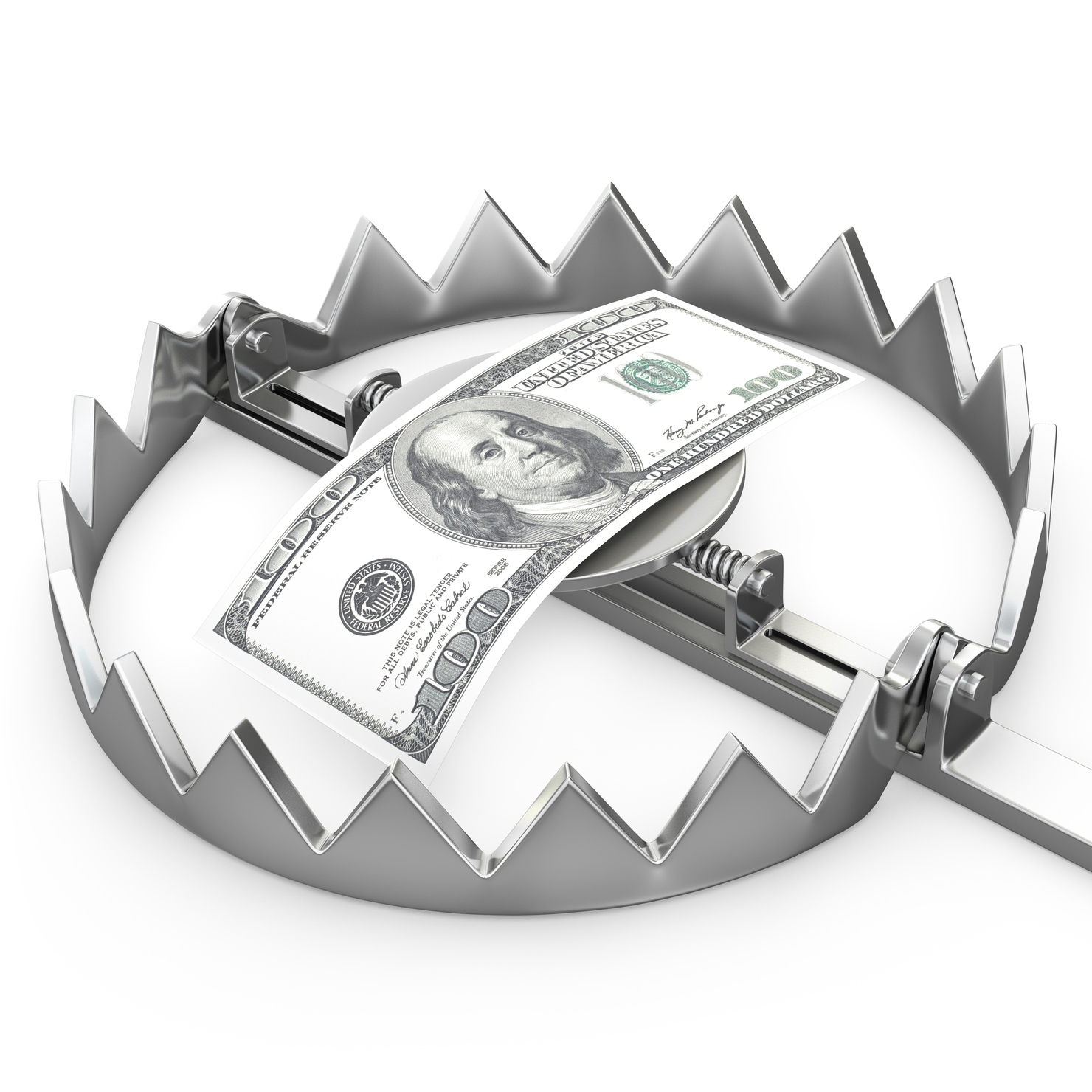Health and Healthcare
Gilead Faces Serious Conundrum: Value Trap vs Real Value

Published:
Last Updated:

Gilead Sciences Inc. (NASDAQ: GILD) had perhaps become the greatest biotech growth story of all time. In a world that only rewards what you will do next rather than what you have already done, the reality is that Gilead has lost its way. Many value investors have flocked to Gilead as the world’s top biotech stock now that it is valued at a lower multiple than Big Pharma rivals.
24/7 Wall St. recently highlighted 21 value stocks in the S&P 500 Index in which the value was under 10 times expected earnings. Gilead was among those companies, but interestingly enough it was not the only bio-pharma player in the lot.
Gilead has seen a peaking of its hepatitis-c treatment sales, and now analysts and investors on Wall Street believe that Gilead is going to have to make a significant pipeline acquisition to get Wall Street’s interest again.
Several analysts have keyed in on Gilead with various ratings after earnings. We have tried to include some positive, neutral and cautious commentary so investors can see all sides of the post-earnings report.
Credit Suisse has reiterated its Outperform rating and it has a $79 price target. The firm said:
Gilead reported a slight miss on top and bottom line, but focus remains on what business development the company might do this year. All things considered, we think this was a pretty good quarter, especially considering how hard it is to forecast HCV revenues at this point. … We’ve highlighted a blue sky scenario of $85.00 per share if we added a potential $3 billion revenue stream on top of our base case. We have updated our model for the quarter. We see guidance as achievable for the year — we model product revenues of $24 billion and EPS of $8.33, which is on the upper end of product revenue guidance of $22.5 billion to $24.5 billion.
Leerink maintained its $74 price target and reiterated its Market Perform rating. The company’s investment thesis from Geoffrey Porges said:
We downgraded the stock in September 2016 on changes to our Hepatitis C market forecast for the company, which is being eroded more sharply, and sooner, than we had anticipated. Specifically, we see patient volume declining steadily from its initial peak in most markets, and revenue yield per patient continuing to trend negatively based on decreasing treatment duration and increasing discounting by manufacturers competing for government and commercial contract position. We forecast that total HCV revenue at Gilead will decline by 45% in 2017, and then by 12% to 21% per year through 2020.
Merrill Lynch’s Ying Huang and Qian Wang maintained a Neutral rating and lowered the price objective to $74 from $76. The firm noted that investors are less sanguine on big acquisitions, and its view is that many investors have come to the reality that Gilead may not actually find any transformative deals to boost shareholder value. The view is that Gilead likely will explore multiple partnerships or acquisitions instead of chasing after a large transformative deal. The firm’s investment rationale said:
We rate Gilead Neutral as we believe the pricing trend and patient volume are both stabilizing in the HCV market, although the uncertainty around long-term growth remains.
S&P’s CFRA also has maintained a Buy rating and $80 price target on Gilead. The firm addressed lower hep-C sales and lower numbers ahead, plus a huge cash balance:
We keep our 12-month target at $80 on below peers 10X our 2017 EPS estimate of $8.00. Q1 EPS of $2.23 versus $3.03 is $0.05 ahead of our estimate. Product sales fell 17% to $6.4 billion as Hepatitis C (HCV) product sales fell 39% to $2.6 billion on continued decline for Harvoni and Sovaldi, partially offset by Epclusa sales and higher HIV product sales. We anticipate continued lower sales of HCV products, particularly in Europe, on increased competition and lower new patient starts. We lower our 2018 EPS estimate $1.35 to $8.05. GILD has $34 billion in cash and we see an increase in capital deployment.
Gilead’s price reaction was lower by about 2% on Tuesday evening after earnings, but the shares were down about 1.9% at $67.25 on Wednesday morning. The 4.7 million shares traded after about 90 minutes was not very active on a post-earnings basis. Gilead’s low on Wednesday was $66.28, and the 52-week range was $65.38 to $88.85.
Start by taking a quick retirement quiz from SmartAsset that will match you with up to 3 financial advisors that serve your area and beyond in 5 minutes, or less.
Each advisor has been vetted by SmartAsset and is held to a fiduciary standard to act in your best interests.
Here’s how it works:
1. Answer SmartAsset advisor match quiz
2. Review your pre-screened matches at your leisure. Check out the advisors’ profiles.
3. Speak with advisors at no cost to you. Have an introductory call on the phone or introduction in person and choose whom to work with in the future
Thank you for reading! Have some feedback for us?
Contact the 24/7 Wall St. editorial team.